Alright, now that I’ve been distracted by zombie Hamlet, I suppose I should actually check in about this giant project I keep alluding to.
Tufts Drama does three department shows a year; one in the Fall, one in the Spring, and one bridging the gap between the two semesters. This year for show number two (the gap-bridging show), we are doing Measure for Measure and I have been appointed the project’s dramaturge.
Besides being one of the best words in the English language, “dramaturge” is actually a really fun and exciting position to hold. The dramaturge is the person on the creative team who does all the research for a given show. That research can be pretty expansive and weird at times; how do you pronounce this word? Is this prop period? What did they mean when they said this? Where would this character have gone to school? Would that character have read this book? In addition, as resident scholar, the dramaturge is often asked to help edit a playscript of a show to create a performance edition.
As resident Shakespearean, I was called upon to lend my brainpower to the project and, as you can imagine, I’m having a blast. Over the summer, we’re creating our actor’s edition which, while this may sound like a tedious and boring task, is one of the funnest incarnations of work I’ve ever had the pleasure to deal with.
My director has requested that the final show run no longer than two hours. As Measure for Measure is a show of 2,938 lines which runs approximately three and a half hours in performance when uncut, this is no small task (especially to a text purist like me).
To make these trims (and to make the show read to a contemporary audience when the  actors are going to be undergraduates with no specialized training or expansive experience), our process so far has been as such: we meet for three hours once or twice a week and read the entire script aloud to each other. As we go through, we have found ways to either cut, trim, or keep lines.
actors are going to be undergraduates with no specialized training or expansive experience), our process so far has been as such: we meet for three hours once or twice a week and read the entire script aloud to each other. As we go through, we have found ways to either cut, trim, or keep lines.
So, basically, for three to six hours a week plus the time I spend adjusting the actual text afterwards, I go into work, read Shakespeare aloud to my director, explicate the passages with her, bat around ideas about how to make this work onstage, find ways to explain what some of the more archaic words and concepts are, and try to figure out if these words/concepts will read to a modern audience and, if not, how can we alter or cut them to do so?
Yea, it’s pretty much my dream job.
The cutting battle is slightly blood because I, as I mentioned, am a text purist. My director is not. She is very open to hearing my ideas and defenses about why something should remain, but it does mean that I have to go into a session prepared with sword and shield to defend the text. This, honestly, is my favorite part and really why I got into the field I am in. In order to make something stay, my director must understand why it’s important.
My director is a very experienced very talented woman, but not someone who has had extensive experience directing Shakespeare and not someone who has had my experience training with and utilizing the text. We come at things from very different angles and this makes for a more-than-interesting battleground over the text itself. She works in the extremely practical (or, as she puts it, “popular”) mindset. I work in the more traditional (but not stodgy!) mindset. Together, we represent two sides of a divide which has plagued my field for generations.
Shakespeare Studies as a field is divided into two battlegrounds: the English department and the Theatre department. As a subset of the theatre department, you also have the scholarly thespians, and the practical thespians. All of these factions bring different mindsets to bear upon the text. The English people are all about the book and text analysis, sometimes edging over into history (not of performance techniques or even performance in general, but rather of the events surrounding both the writing of the play and the play’s events). The scholarly thespians deal with history of performance as well as contemporary performance, edging into how this is of use to actors. The practical thespians are all about performance.
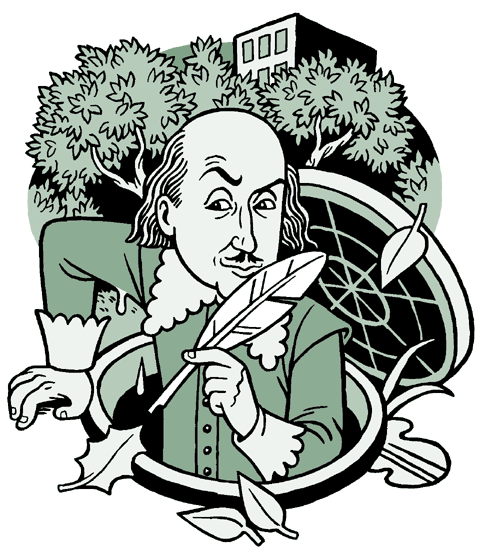 So we’re not of COMPLETELY different camps (at least I’m not in the English department), but we are definitely on two sides of the scholarly/practical divide. Coming together to create this project is really what I wanted when I decided to get my PhD. I love Shakespeare. Period. I love everything about his plays, how they’re performed, and how audiences react to them. Having the opportunity to craft both a set of amateur actors’ experience with Shakespeare as well as an audience’s experience with Shakespeare is the ultimate gratification for me.
So we’re not of COMPLETELY different camps (at least I’m not in the English department), but we are definitely on two sides of the scholarly/practical divide. Coming together to create this project is really what I wanted when I decided to get my PhD. I love Shakespeare. Period. I love everything about his plays, how they’re performed, and how audiences react to them. Having the opportunity to craft both a set of amateur actors’ experience with Shakespeare as well as an audience’s experience with Shakespeare is the ultimate gratification for me.
This process is also teaching me a lot about theatricality and the meeting of the great divide within my field (something which, honestly, I thought I had a better handle on having been an actor in a past life). Where does literary studies meet performance studies and how far can one straddle the boundary without falling into it? Also; how can we communicate meaningfully across this boundary without smothering the other side’s instincts and without disrespecting the other side’s experience?
As a field, I think these are giant questions which we are going to be working on for many years to come. I certainly don’t have readily available answers. It is all too easy for both sides of this divide to go into expert mode and disregard the other side entirely and, because of the odd power structure of a theatrical production, this can result in a lot of hurt feelings and bruised egos. Any of us can choose to cover our ears and sing loudly “I’M RIGHT!”. But what do we learn from that? And, more importantly, what do our students learn from that?

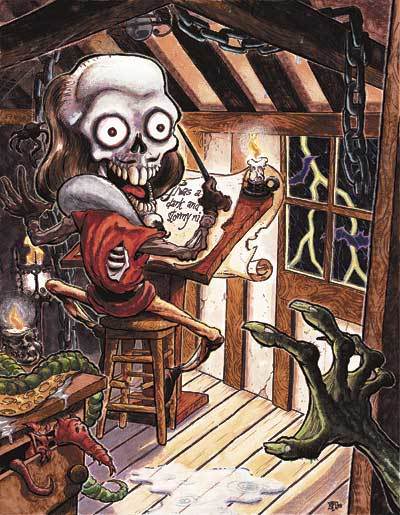
 This also complicates Hamlet’s killing of Polonius, as when he hears a rustling in the curtains of his mother’s bedchamber he could potentially believe it to be an undead foe and, thereby, shoot said foe in the head before it leapt out to attack. Polonius becomes an unfortunate victim of the country’s political strife as opposed to the sacrificial lamb of Hamlet’s madness.
This also complicates Hamlet’s killing of Polonius, as when he hears a rustling in the curtains of his mother’s bedchamber he could potentially believe it to be an undead foe and, thereby, shoot said foe in the head before it leapt out to attack. Polonius becomes an unfortunate victim of the country’s political strife as opposed to the sacrificial lamb of Hamlet’s madness.
 while it seems esoteric, is a good choice for someone in Theatre Studies as the field was basically conceived in Germany, though like most things conceived in Germany fell apart during that big black hole in history that began in Germany. Nowadays, the Free University of Berlin is a fairly happening place (especially for Shakespeareans and especially over the summer).
while it seems esoteric, is a good choice for someone in Theatre Studies as the field was basically conceived in Germany, though like most things conceived in Germany fell apart during that big black hole in history that began in Germany. Nowadays, the Free University of Berlin is a fairly happening place (especially for Shakespeareans and especially over the summer).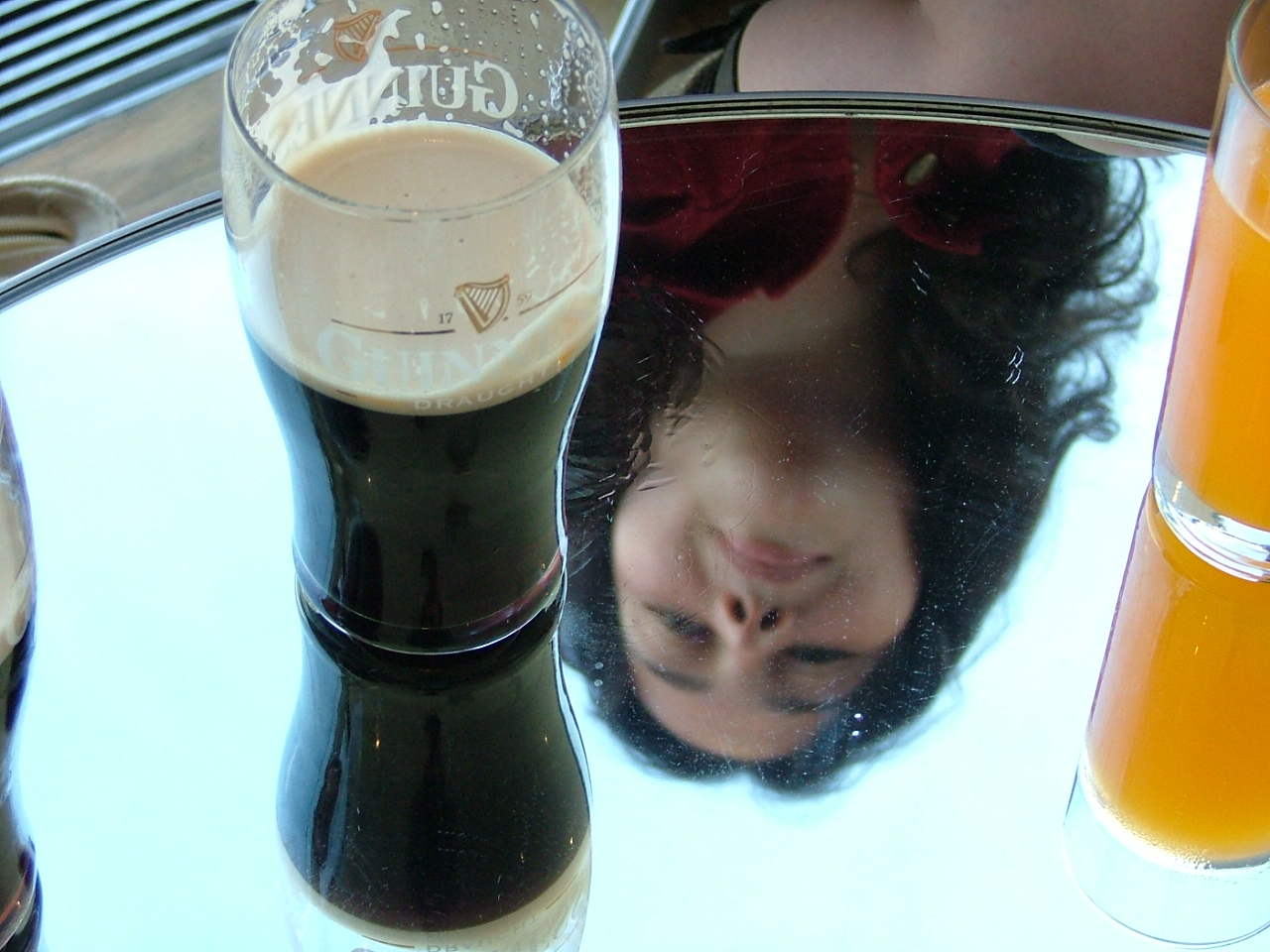
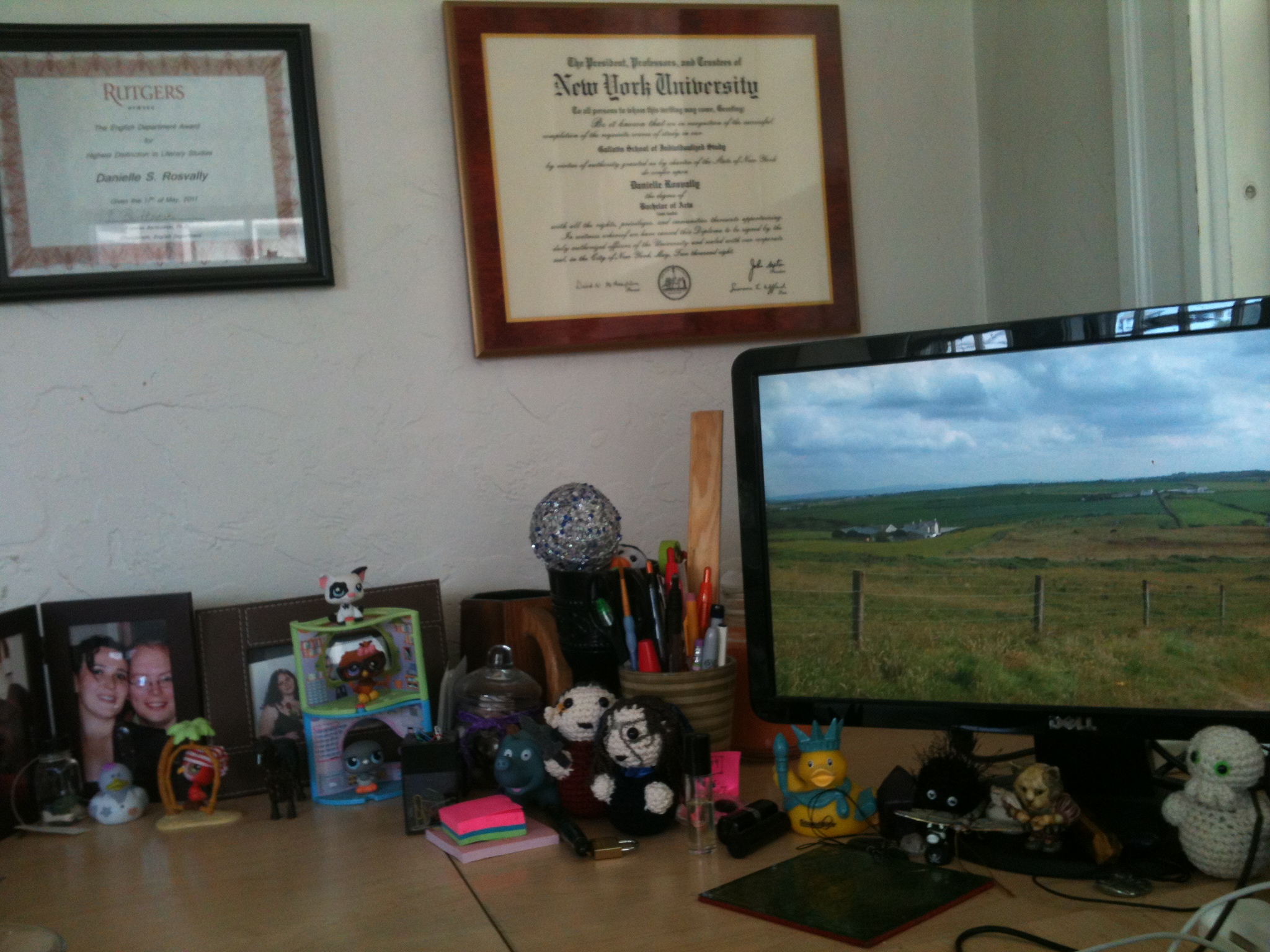



 couch, and didn’t move for several days, but in reality I sent the e-mail, ran around my house for a while, drove for two hours, and worked a sixteen-hour day followed by a night of sleeping like the dead then went to a dramaturgy session where I spent two and a half hours sifting through Measure for Measure line by line and explicating every fine detail for my director… when I came home from that THEN I took my pants off, got cozy on the couch, and didn’t move for several hours. Unfortunately, today can’t be as carefree as yesterday as I still have two professional deadlines nipping at my heels in addition to several personal projects which require my attention…
couch, and didn’t move for several days, but in reality I sent the e-mail, ran around my house for a while, drove for two hours, and worked a sixteen-hour day followed by a night of sleeping like the dead then went to a dramaturgy session where I spent two and a half hours sifting through Measure for Measure line by line and explicating every fine detail for my director… when I came home from that THEN I took my pants off, got cozy on the couch, and didn’t move for several hours. Unfortunately, today can’t be as carefree as yesterday as I still have two professional deadlines nipping at my heels in addition to several personal projects which require my attention… So, Dani, you just finished the first year of your PhD, what are you going to do now? Well, I do have one class over the summer. I’m taking a German for Reading course in hopes that it will help me pass an exam to fulfill my second language requirement. I’ve never studied German before and it’s been a while since I’ve done any kind of learning other than “read and discuss”, so this should be very interesting.
So, Dani, you just finished the first year of your PhD, what are you going to do now? Well, I do have one class over the summer. I’m taking a German for Reading course in hopes that it will help me pass an exam to fulfill my second language requirement. I’ve never studied German before and it’s been a while since I’ve done any kind of learning other than “read and discuss”, so this should be very interesting. instead of agonizing over the proper usage of periods in Chicago-style citation (seriously, Tufts, you are BLOWING THE MIND of this MLA-girl… guess I should get used to it since this is the rest of my life… sigh), I took my gay best friend to see Bad Habit Productions’ Much Ado About Nothing …with a twist.
instead of agonizing over the proper usage of periods in Chicago-style citation (seriously, Tufts, you are BLOWING THE MIND of this MLA-girl… guess I should get used to it since this is the rest of my life… sigh), I took my gay best friend to see Bad Habit Productions’ Much Ado About Nothing …with a twist.

 in-able. I’ve totally been over this before. At some point between preliminary vomit draft and pristine turn-it-in paper, I hit what I like to call the “mid-draft slump”. It’s that point in the paper-writing process where you look at the mess you’ve made, you look at the work you’ve done, and it hits you: this is completely inane. You haven’t produced anything of value; you’ve barely produced anything. In fact, all this research you just did is pretty much garbage because it hasn’t led you anywhere. You’re not saying anything original; you’re not saying anything at all.
in-able. I’ve totally been over this before. At some point between preliminary vomit draft and pristine turn-it-in paper, I hit what I like to call the “mid-draft slump”. It’s that point in the paper-writing process where you look at the mess you’ve made, you look at the work you’ve done, and it hits you: this is completely inane. You haven’t produced anything of value; you’ve barely produced anything. In fact, all this research you just did is pretty much garbage because it hasn’t led you anywhere. You’re not saying anything original; you’re not saying anything at all.
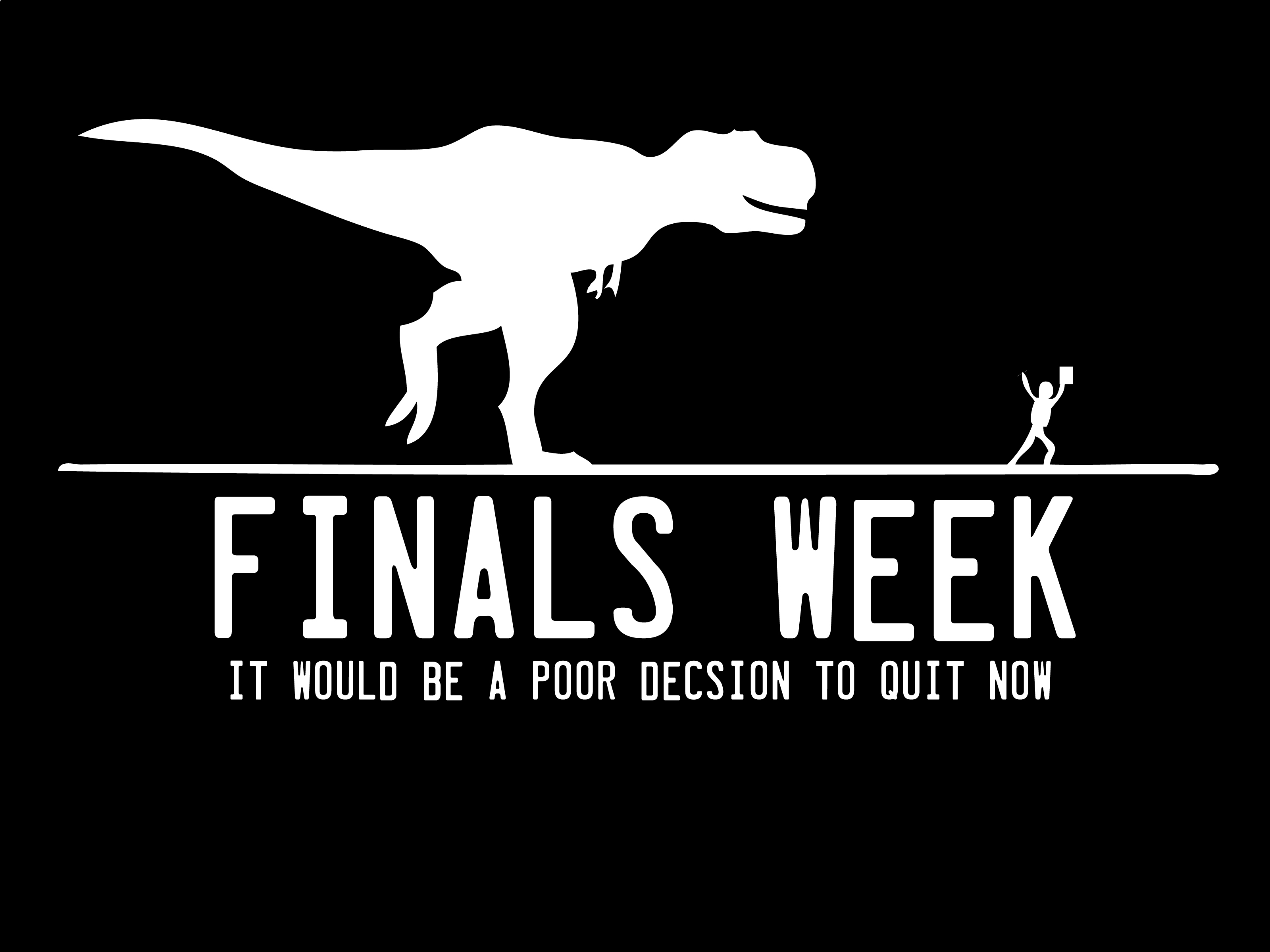 Do whatever you need to do to keep yourself in the red. Dance, throw stuff, run around, keep going, dip into the deep part of yourself where you store the bits that you don’t generally access and use those to fuel whatever it is you are doing until it’s done.
Do whatever you need to do to keep yourself in the red. Dance, throw stuff, run around, keep going, dip into the deep part of yourself where you store the bits that you don’t generally access and use those to fuel whatever it is you are doing until it’s done.